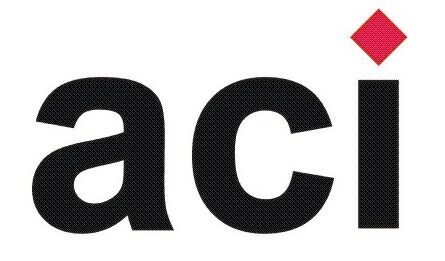
- Academic Papers
- Case Studies
- Work in-Progress Papers
- Round Table Discussion Proposals
- PhD Papers
- Posters
- Non- Academic or Practitioner Contributions
Aims and Scope
The International Conference on Education Research (ICER) is an opportunity for academics, practitioners and consultants from around the world who are involved in the study, management and development of education research related issues to come together and exchange ideas. There are several strong strands of research and interest that are developing in the area including the use of technology in teaching and learning, active learning and student engagement, assessment and feedback, curriculum design and delivery, inclusive teaching and learning and teaching for social justice to mention only a few.
This conference has been established to address these and other pertinent topics and is intended to become a leading event for those researching and working in the field from around the world. All Papers accepted for ICER after the double-blind peer review process will be published in the conference proceedings, subject to author registration and payment.
The Proceedings is a published book with an ISBN and ISSN. Please see the ICGR Call for Papers, important dates below.
Key Topics
- The use of technology in teaching and learning
- Active learning and student engagement
- Assessment and feedback
- Curriculum design and delivery
- Inclusive teaching and learning
- Teaching for social justice
- Assessments practices and strategies
- Constructive feedback on completed assessments
- Module development in the new digital era
- Curriculum development, implementation, and monitoring
- Module throughput and success
- Teaching and learning pedagogies
- Student engagement and participation within teaching and learning
- Postgraduate supervision, teaching and support
- Academic development and support
- Student academic support
Mini Tracks
- Academic Community Engagement
- Education Research in Sustainable Development
- Educational Materials Focused on Supporting and Enhancing Scientific Literacy in STEM
- Innovative Assessment Strategies
- Enhancing Postgraduate Students’ Self-directedness: Metacognitive Strategies for Research Supervisors and Research Students
- SoTL – the Pitfalls and Practicalities of Researching your own Teaching and Learning Practices
For more information on , or to submit to, a Mini Track, please click here
Important Dates
| Abstract submission deadline | STILL ACCEPTING ABSTRACTS |
| Notification of abstract acceptance | 15 May 2024 |
| Full paper due for review | 20 June 2024 |
| Notification of paper acceptance (with any requested changes) | 29 August 2024 |
| Earlybird registration closes | 12 September 2024 |
| Final paper due (with any changes) | 26 September 2024 |
| Final Author payment date | 17 October 2024 |
